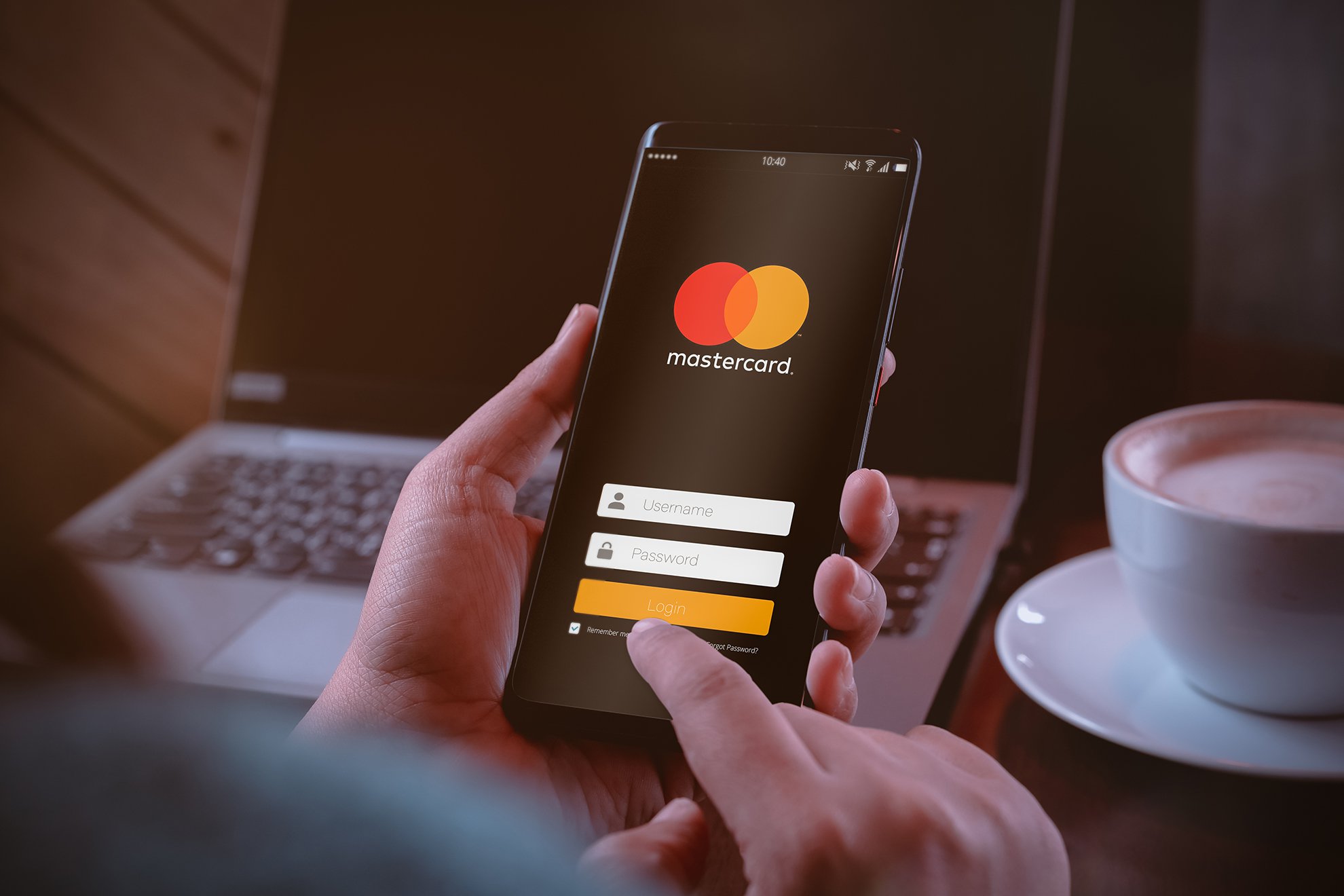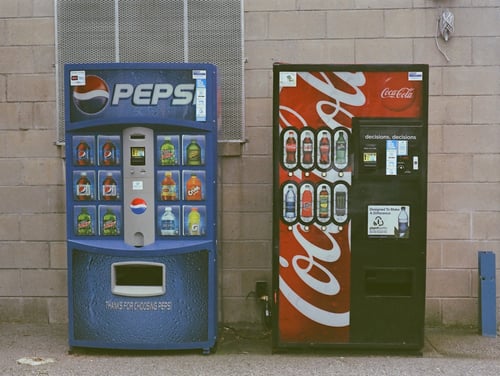
Mastercard: From Telling Stories to Tasting Them
Mastercard seeks to build out a “brand DNA” that customers can see, hear, and now taste. CMO, Raja Rajamanner’s marketing team has been busy making some bold moves.
Recently, Mastercard dropped its name from its branding, followed shortly by debuting its sonic logo, a unique melody that customers hear when interacting with the brand in-store and online. The Mastercard brand has pivoted to experience-based marketing and away from “storytelling,” centered around its ‘Priceless’ brand proposition.
In 2019, it launched its first flagship ‘Priceless’ restaurant in New York and a Bistro in Rome International Airport. Both are part of a strategy to appeal to customers’ “sense and sensibilities” to “cut through the clutter” and link the brand to experiences.
However, in a world of social distancing, restrictions on travel, and budget cuts, the brand, like many others, has had to pivot to virtual marketing, bringing sports, music, and culinary experiences into people’s homes. A ‘Priceless Experiences at Home’ initiative has filled the gap, with the brand enlisting ambassadors like celebrity chefs, sports figures, actors, musicians, and golfers to engage with fans and Mastercard holders online, free of cost.
“What we’ve found is that these experiences have helped us gain a tremendous amount of engagement, people can record the whole interaction or have a recording sent to them, and so we’re making these digital events very tangible.” — Raja Rajamanner
Brand Experience: A Primary Source of Differentiation
While the concept of the customer experience is by no means new, the dawn of the internet opened our eyes to the importance of the user experience. This gave rise to a new field with significant influence over how organizations deliver value and interact with customers.
Research from the Keller Fay Group confirmed that a good customer experience is three times more likely to spark conversation than a traditional advertisement. That same study also found that 50% percent of conversations triggered by in-person experiences resulted in purchases. In other words, interaction matters.
The experience behind the brand is sometimes its primary source of differentiation and the basis for its positioning. Market research supports the notion that a customer experience is best when inspired by the brand.
According to studies by McKinsey, brand experience (called “experiential marketing” in the study) is the most powerful driver of word of mouth. This all-important prepurchase touchpoint accounts for 50 to 80% of word-of-mouth marketing in any given category. In the companies studied, word of mouth drove more than 10% of sales volume. And nothing drives word-of-mouth advertising like great experiences.
What Exactly is a Brand Experience?
Brand experiences are interactions so impactful and uniquely identifiable to a particular company that they essentially define the brand in consumers’ minds, distinguish it from competitors, and favorably influence future behaviors.
To overcome monotony, brands must design a customer experience consistent with their brand positioning. Marketers should strive to identify the unique customer experience that naturally comes from their brand’s positioning or promise.
With the world growing increasingly fast-paced, technological improvements enable more companies to get the basics right. Copying is becoming increasingly easier, as the similarity of many products and services make differentiation more difficult in the rapidly growing “sea of sameness.” Brand-inspired customer experiences, however, can help mitigate such effects.
A Truly Unique Brand Experience
Customer experience is arguably as central to the brand as the product and service offering. In many ways, experience has become a greater potential source of differentiation than either of those components.
Failing to differentiate makes a brand look weak or, worse yet, disrespectful, particularly in times of crisis.
Brand positioning offers better inspiration for designing customer experiences than industry best practices or successful competitors’ tactics. When positioning dictates customer experience, brands can create a truly differentiated experience. Know your brand’s purpose and what makes it uniquely different and use that to form your message.
Authenticity isn’t optional — it’s the only way to earn consumers’ respect and loyalty. Our FullSurge brand consultants have extensive experience helping clients deliver meaningful experiences that create emotional and differentiated customer connections. Contact us to learn more.
Recent Posts
Posts by Topics
- Brand Strategy (57)
- Brand Strategy Consulting (28)
- Brand Differentiation (27)
- Customer Experience (24)
- Brand Positioning (22)
- Marketing Strategy (9)
- Brand Extension Strategy (8)
- Customer Behavior (8)
- Brand Architecture Strategy (7)
- Brand Extension (7)
- Brand Growth (7)
- Brand Portfolio & Architecture (7)
- Brand Purpose (7)
- Brand Value Proposition (7)
- Brand Engagement (6)
- Brand Portfolio Strategy (6)
- Brand Storytelling (6)
- Rebranding Strategy (6)
- Brand Awareness (5)
- Brand Image (5)
- Branding (5)
- Rebranding (5)
- Technology (5)
- B2B Brand Strategy (4)
- Brand Experience (4)
- Value Proposition (4)
- Brand Extendibility (3)
- Brand Metrics (3)
- Brand Repositioning (3)
- Corporate Branding (3)
- Differentiation Strategy (3)
- Measurement & Metrics (3)
- Brand Engagement Strategy (2)
- Brand Portfolio (2)
- Brand Promise (2)
- Brand Voice (2)
- Digital Marketing (2)
- Digital and Brand Experience (2)
- Employee Brand Engagement (2)
- Brand Architecture (1)
- Brand Development (1)
- Brand Equity (1)
- Brand Identity (1)
- Brand Measurement (1)
- Brand Name (1)
- Brand Strategy Consultants (1)
- Brand Strategy Firms (1)
- Digital Strategy (1)
- Internal Branding (1)
- Messaging (1)

